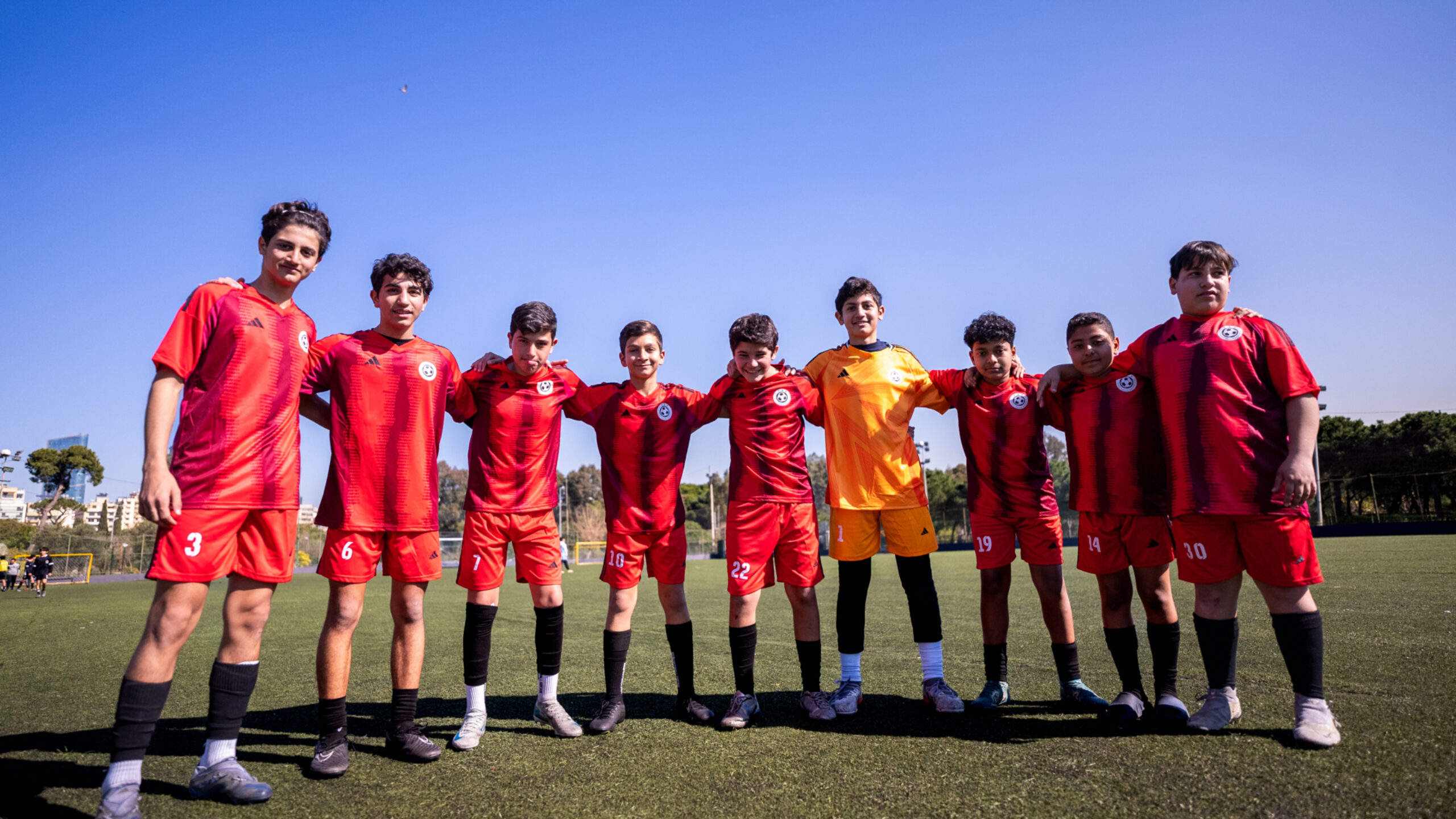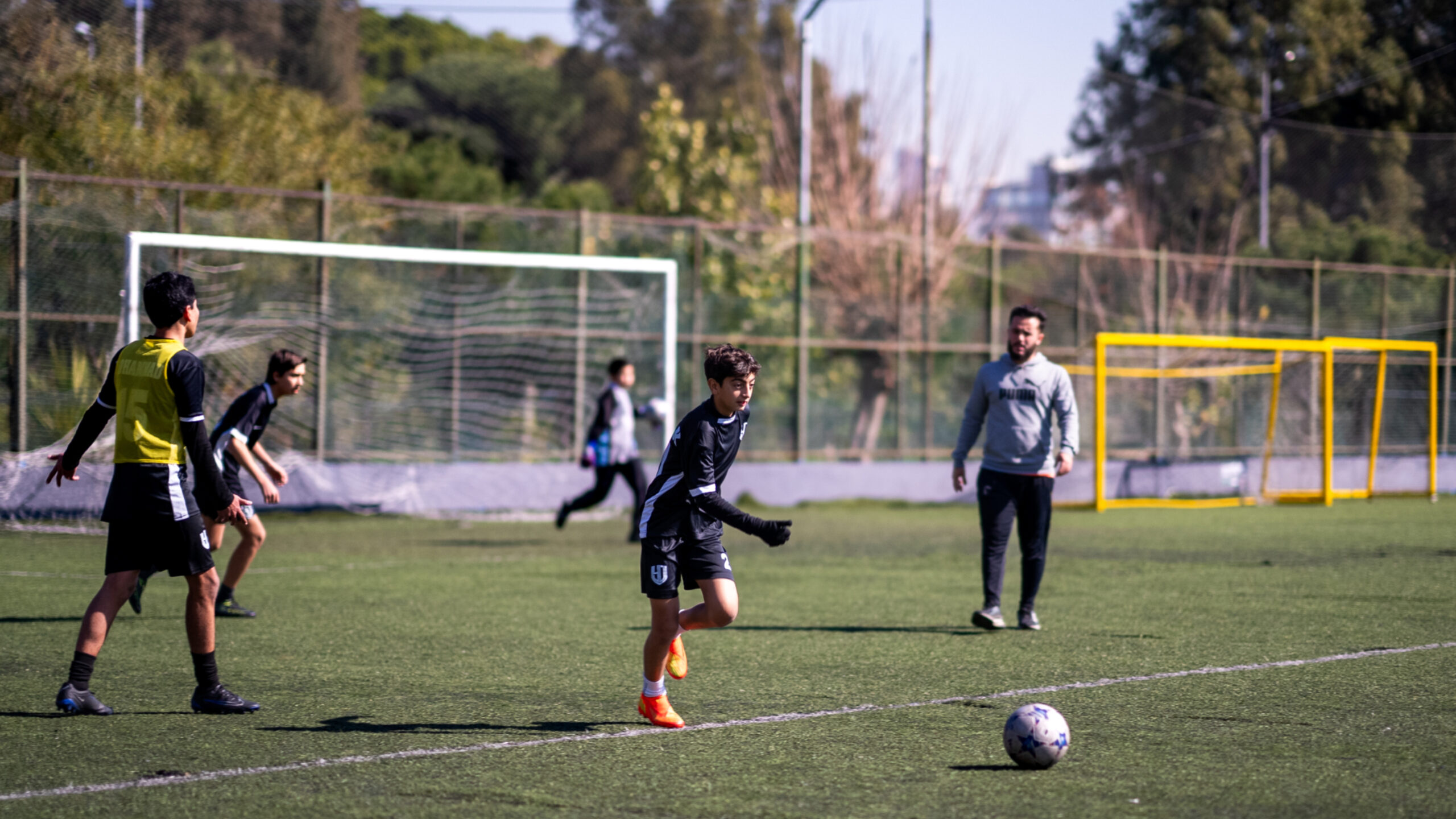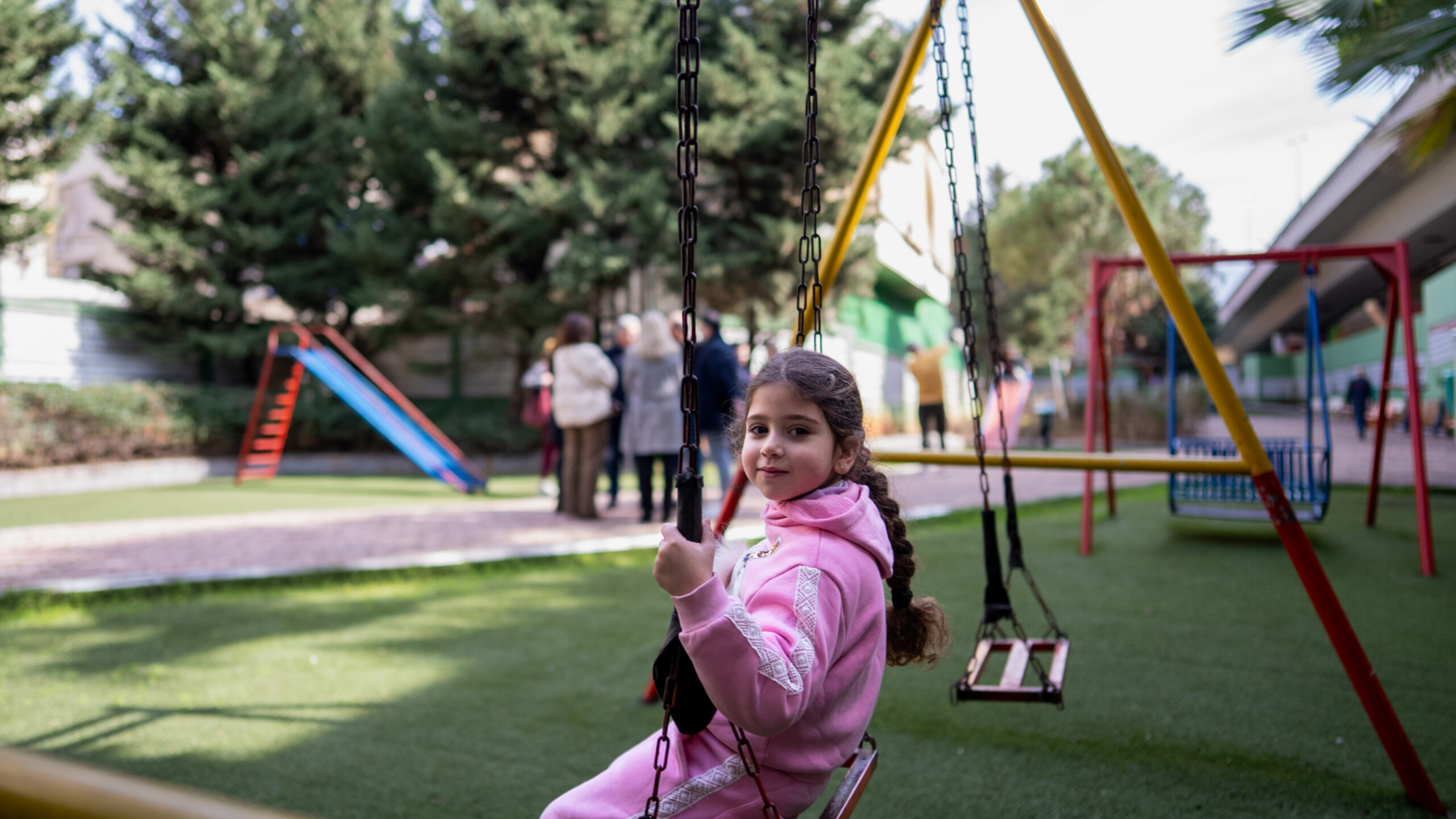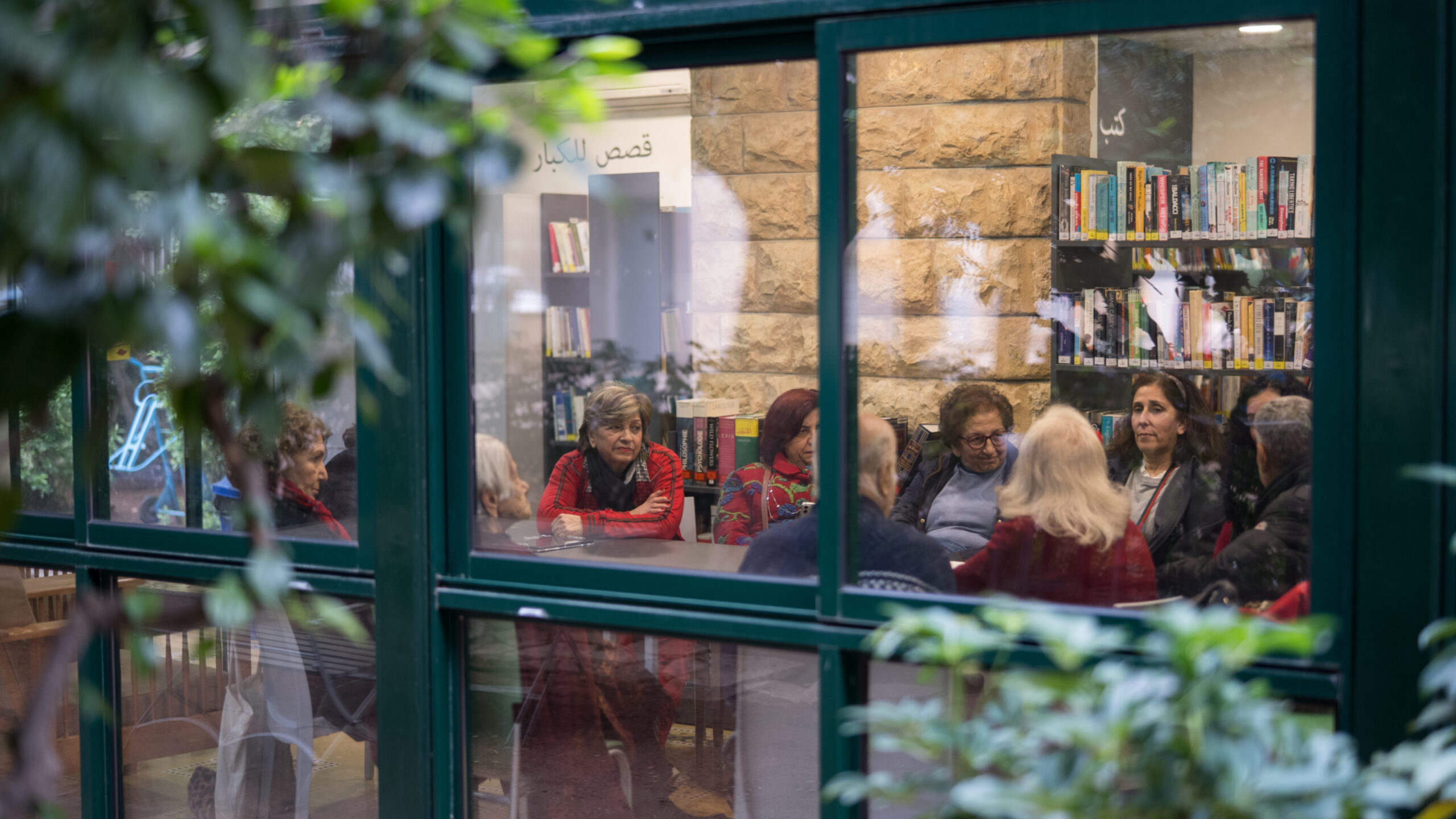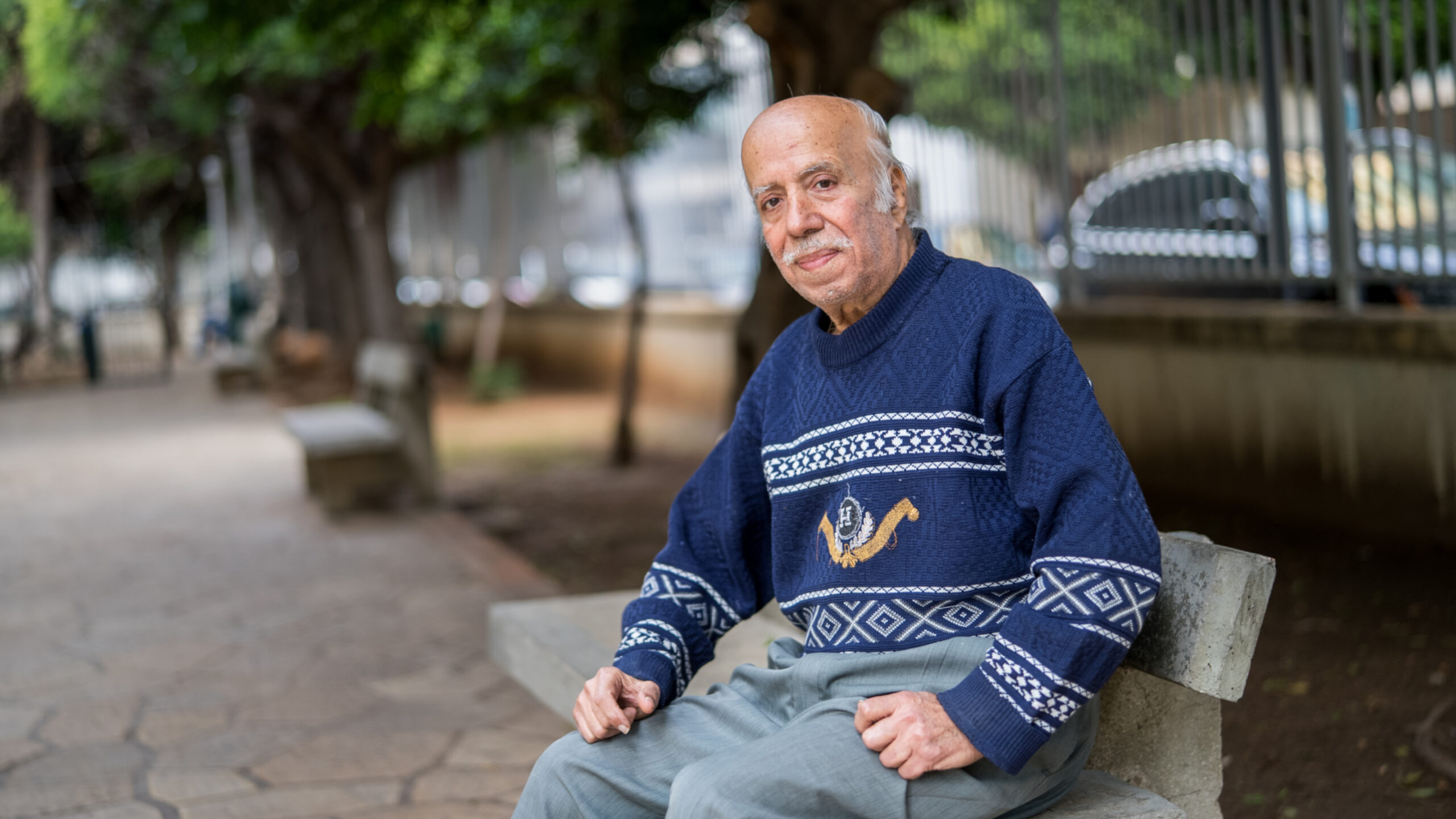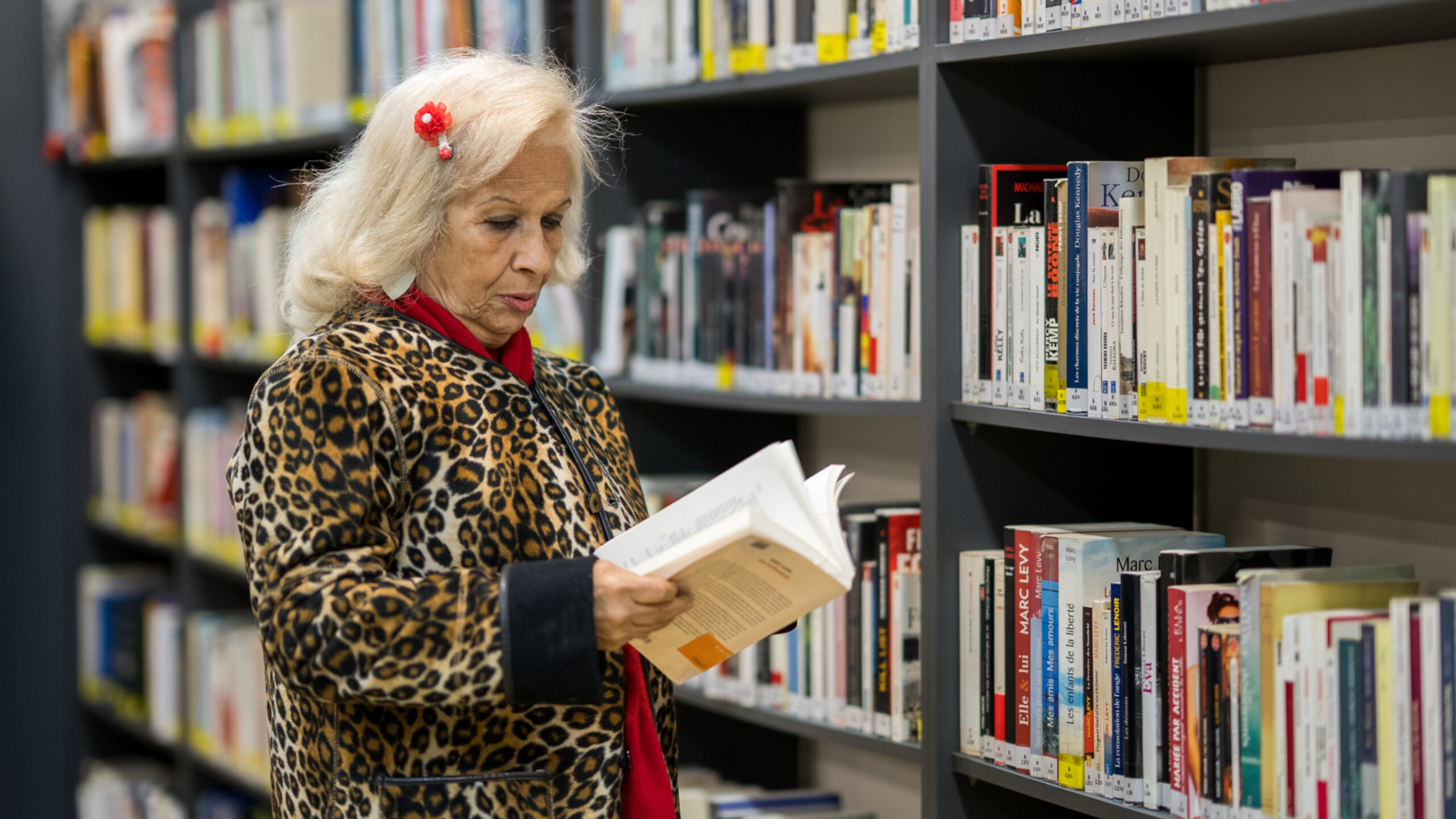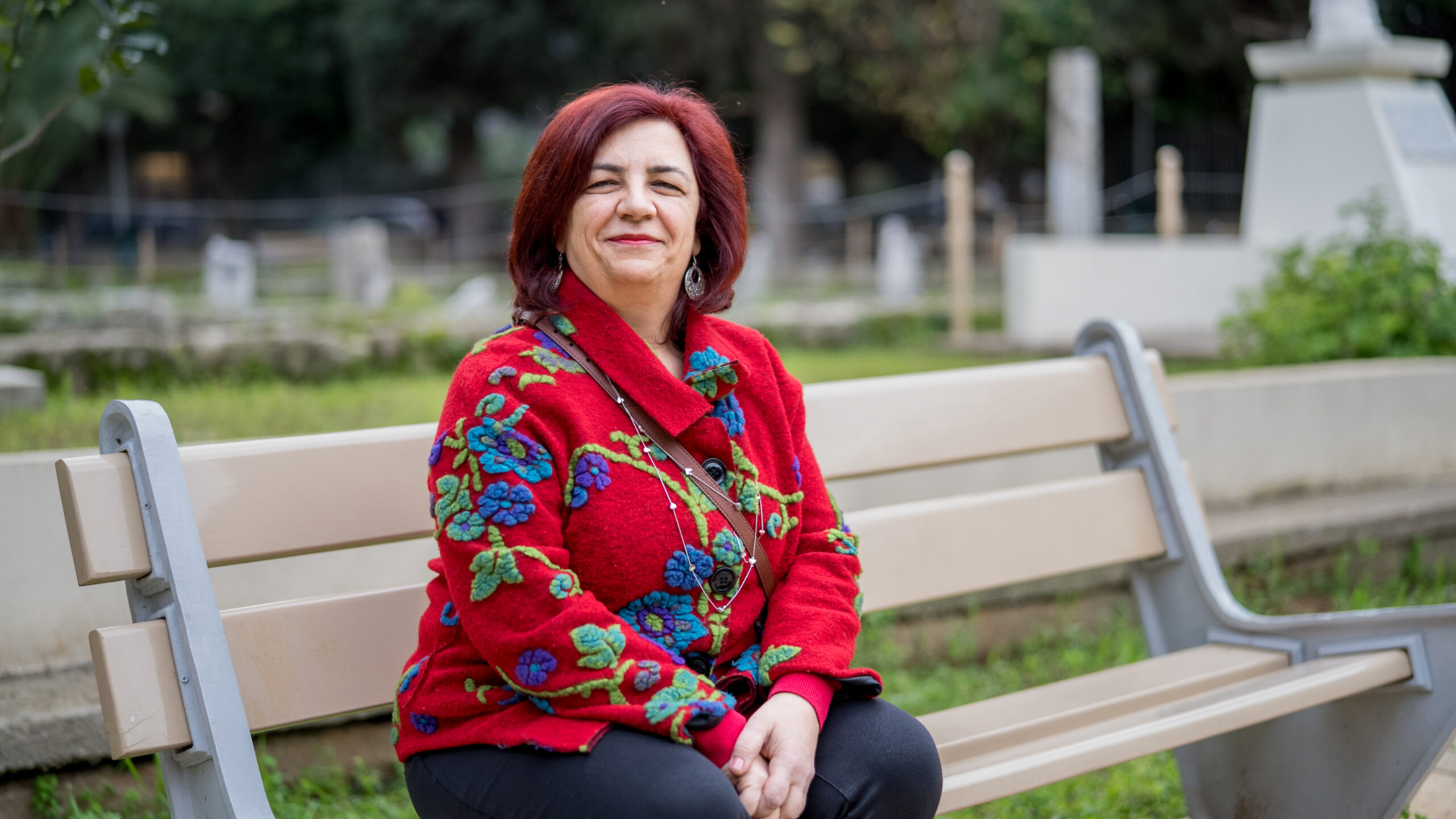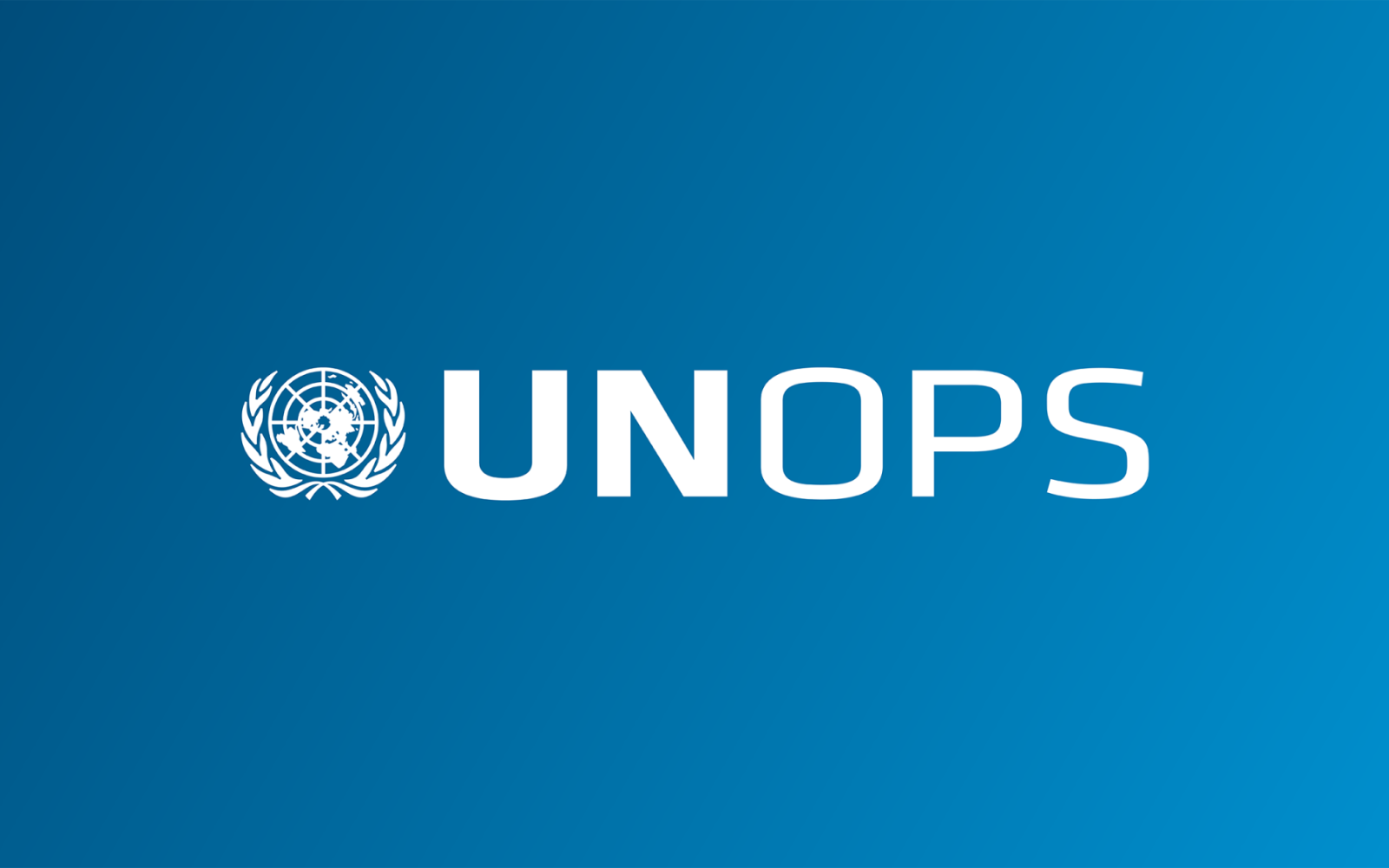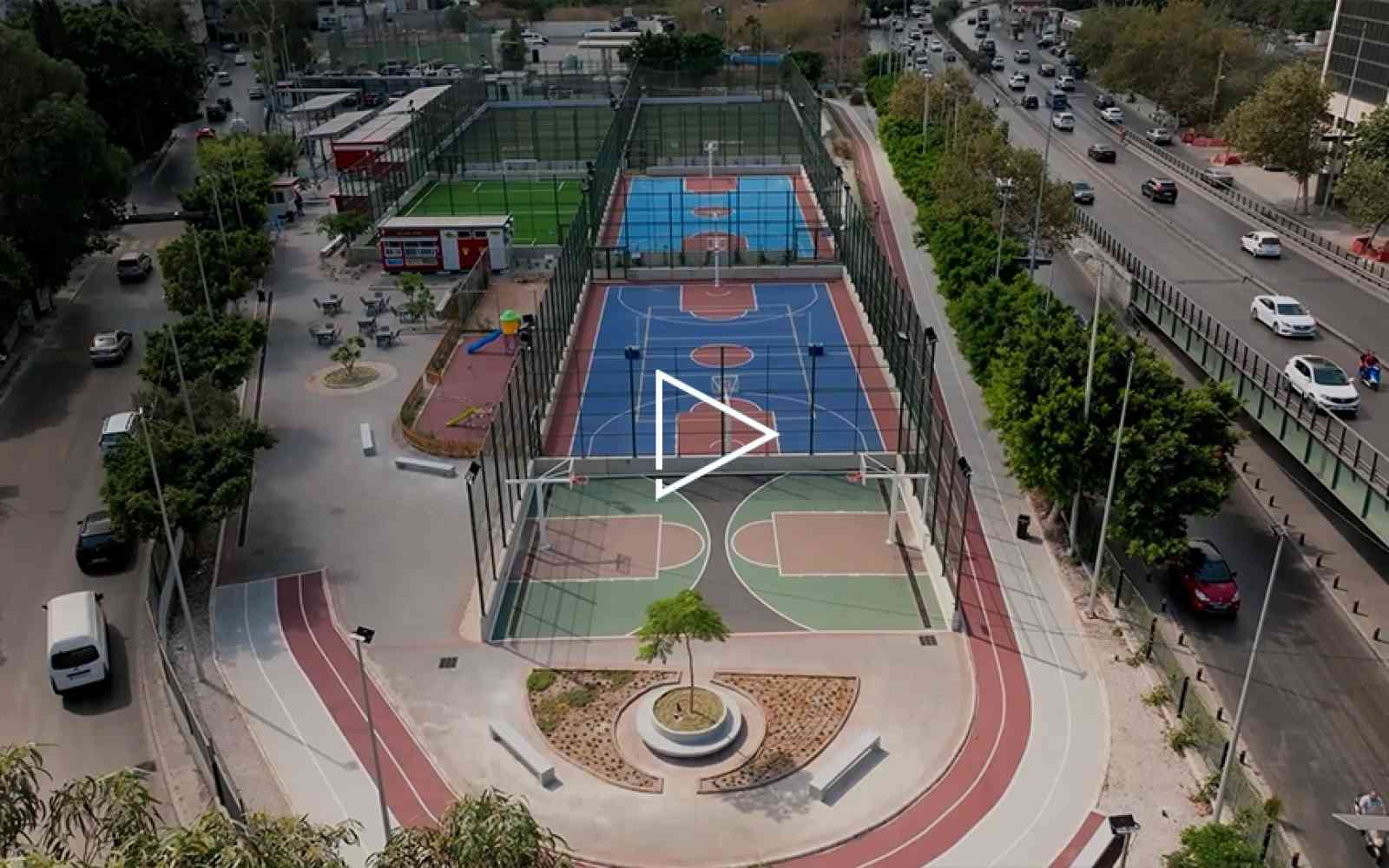The United Nations Office for Project Services (UNOPS)
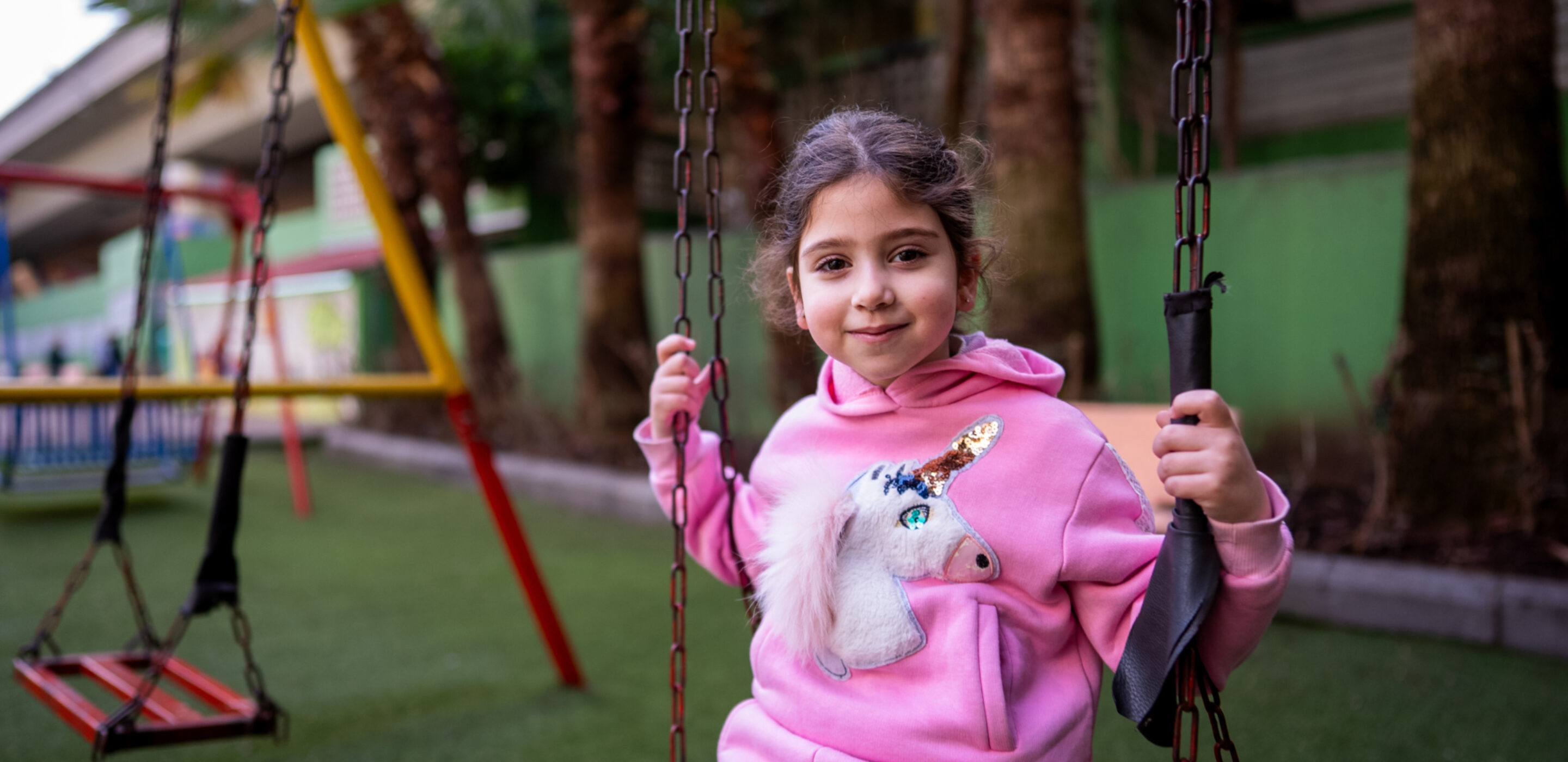
Strengthening urban services and community resilience in Lebanon
UNOPS, in partnership with KfW, is revitalizing public services and spaces – helping to strengthen local communities and foster greater resilience.
The devastating Beirut Port explosions on 4 August 2020 caused widespread destruction in Beirut and Bourj Hammoud municipalities, significantly impacting critical infrastructure and the livelihoods of residents.
Following the disaster, UNOPS partnered with the German government through KfW Development Bank to support affected communities.
Drawing on insights from stakeholder consultations and technical and social evaluations, the project transformed into a holistic initiative – aiming to empower communities beyond recovery by building lasting resilience through improved infrastructure, effective public services and strong social cohesion in communities.
“The project is designed to tackle recovery in three inter-connected ways: improving essential public services people rely on, empowering the municipal government and partner organizations with new skills and capacities, and providing grants to local NGOs who are already on the ground working closely with communities," said Muhammad Usman Akram, Director of UNOPS Multi-Country Office in Amman.
Over 300,000 people living in Beirut and Bourj Hammoud are expected to benefit from the project, with positive impacts already being felt across the communities.
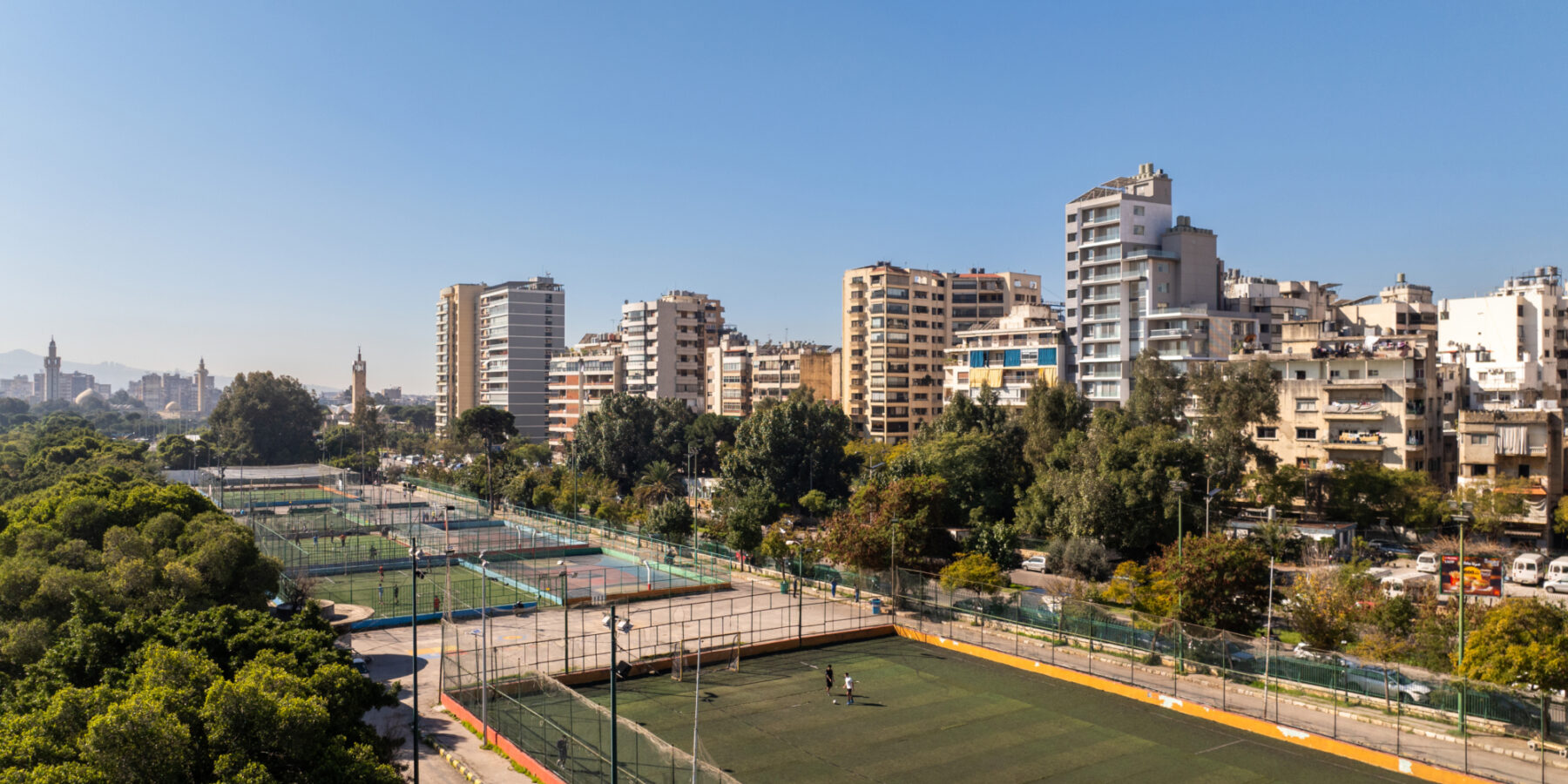
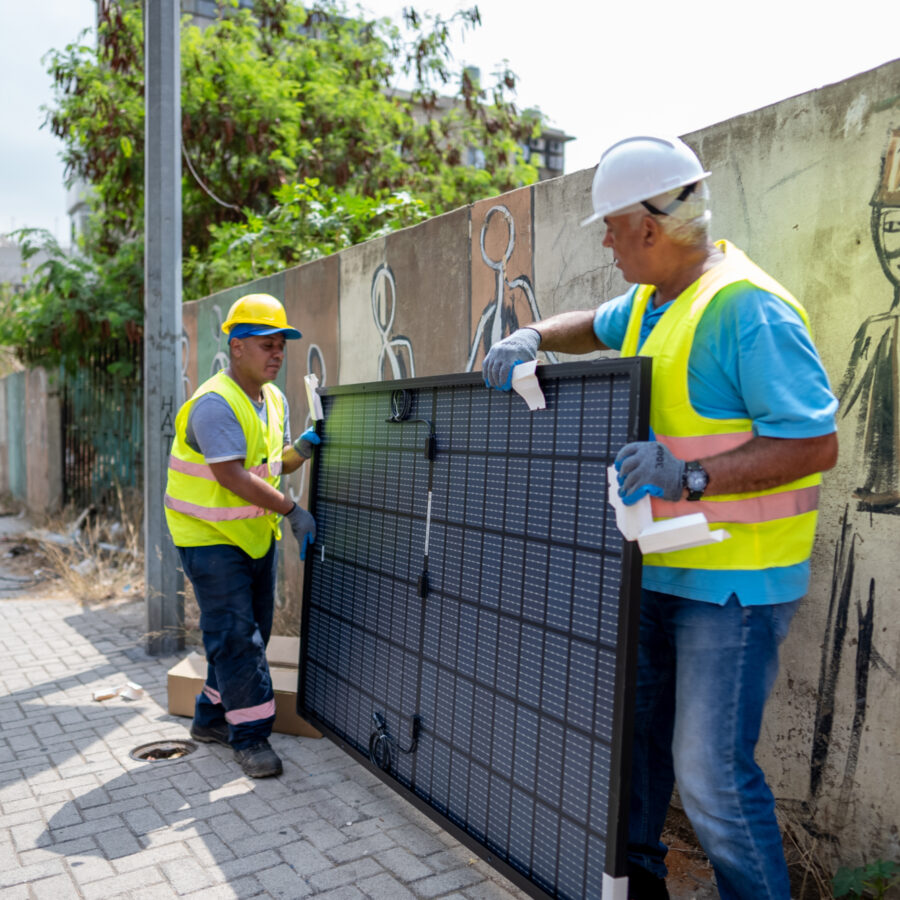

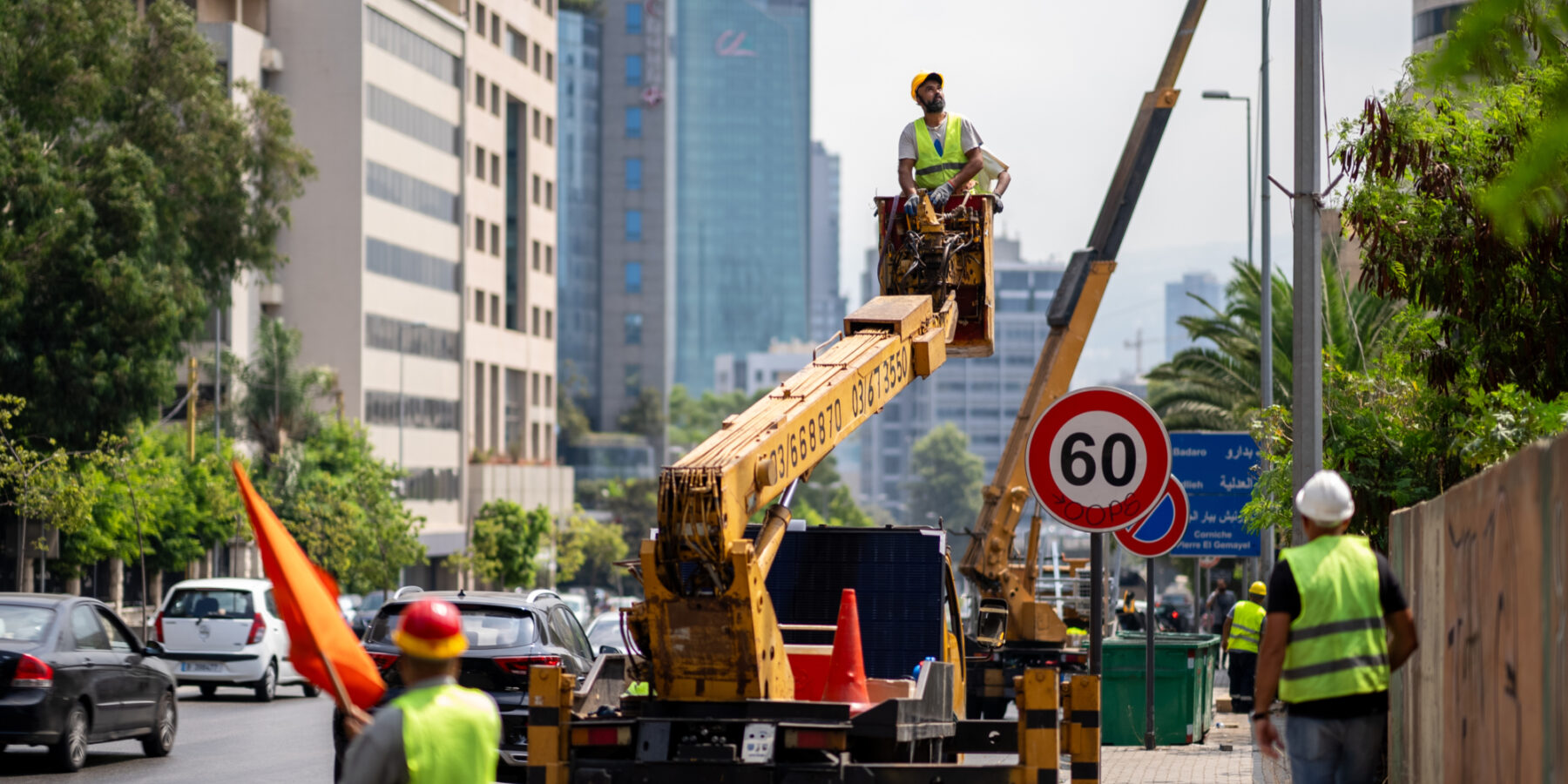
With a focus on long-term sustainability, the project invests in local capacity by providing thorough training to municipal staff and local partners. This includes instruction on the operation and maintenance of improved public areas and services, as well as vital skills in conflict and gender sensitivity, and safeguarding against sexual exploitation and abuse.
Recognizing the pivotal role of local organizations, the project empowers 13 non-governmental organizations (NGOs) through grants. This funding enables them to manage 12 sites and implement vital community activities, fostering local ownership and guaranteeing the continued positive impact of the improved public spaces.
“Through the SiMA project, the German government via KfW Development Bank and UNOPS were able to adopt an inclusive and sustainable development approach that takes into account the needs of the citizens in Lebanon including the safety and well-being of women and children,” said Solveig Buhl, Director of KfW Development Bank in Lebanon.
About the project:
‘Sustainable integrated municipal actions (SIMA)’ is a multi-year project funded by the German government through KfW Development Bank and implemented by UNOPS. It aims at improving access to critical public services and increasing the resilience of the local community in Beirut and Bourj Hammoud, through rehabilitation of public infrastructure facilities, capacity building of municipal personnel and partners and provision of grants to NGOs.







